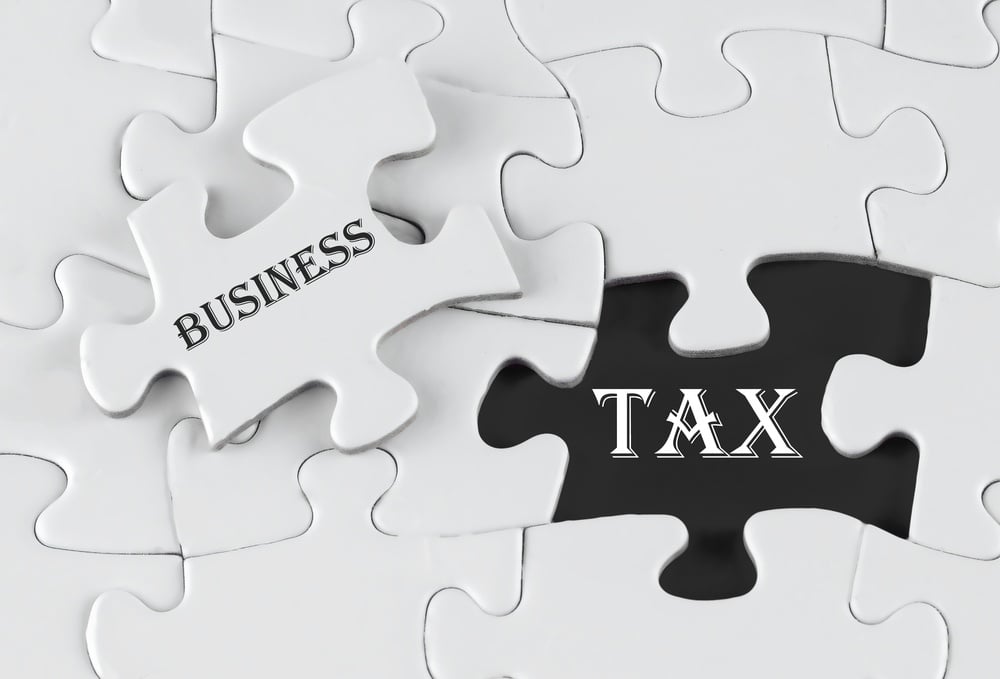
When selling y our practice is on the table, it's time to seek advice from a qualified tax professional. They will be able to guide you toward making the best decisions for your tax situation. There is no substitute for a professional tax adviser, but it's still worth your time to read up on certain tax implications before you get ready to sell. This guide will prepare you to start thinking about your taxes when selling your practice.
our practice is on the table, it's time to seek advice from a qualified tax professional. They will be able to guide you toward making the best decisions for your tax situation. There is no substitute for a professional tax adviser, but it's still worth your time to read up on certain tax implications before you get ready to sell. This guide will prepare you to start thinking about your taxes when selling your practice.
Planning Your Strategy
Depending on how you organized your practice at the outset, you may be faced with a number of different tax strategies during the sale. Whether you are a C Corp or an S Corp, or you're in some sort of partnership, you may be subject to both capital gains taxes and income taxes as a result of the sale. A tax professional will be able to tell you exactly what to expect and what you could be liable for during the transaction. As part of your strategizing, you should consider whether you are willing to take a hit on taxes up front by receiving a lump sum payment, or if you would rather receive periodic payments and spread your taxes out over several years.
Real Estate
In addition to taxes imposed on your business, there may also be taxes related to real estate if you own the building. If you own the real estate yourself you may be subject to capital gains taxes on the sale. However, if the real estate is owned by the corporation that may change the dynamics of the taxes due on sale.
The Value of Your Company
There are some interesting rules regarding taxes based on the value of your company. Most practice sales are asset sales. Those assets are grouped into different categories such as clinical and office supplies, equipment, goodwill, restrictive covenant, and miscellaneous assets as well as inventory. These assets maybe taxed at different rates. For example, goodwill is most often taxed at capitol gains rates.
Taxation can be a tricky matter. However, when selling your practice to a buyer, filing the right forms with the Internal Revenue Service and properly allocating the purchase price will hold down the risk for audits and other confusion. Also remember to carefully draw your sales contract. The best way to avoid running on the wrong side of the tax law is to hire a tax specialist who is familiar with business taxes. They will be able to provide you with specific details and strategies as they relate to selling your practice.
Lorem ipsum dolor sit amet, consectetur adipiscing elit

These Stories on Selling a veterinary practice
Street Address:
100 Crescent Ct, Suite 700
Dallas, TX 75201
Call Us: 214.593.7158
Email: mlee@praxisinc.com
No Comments Yet
Let us know what you think